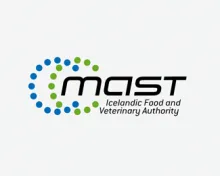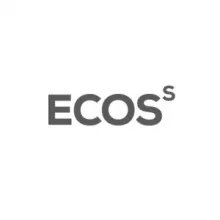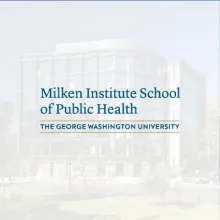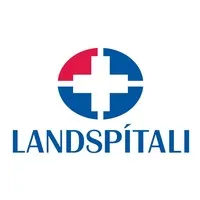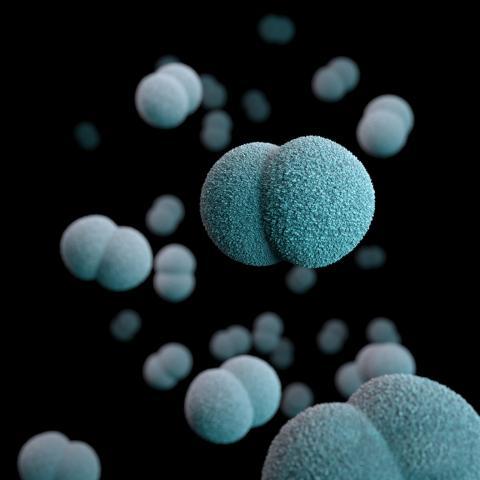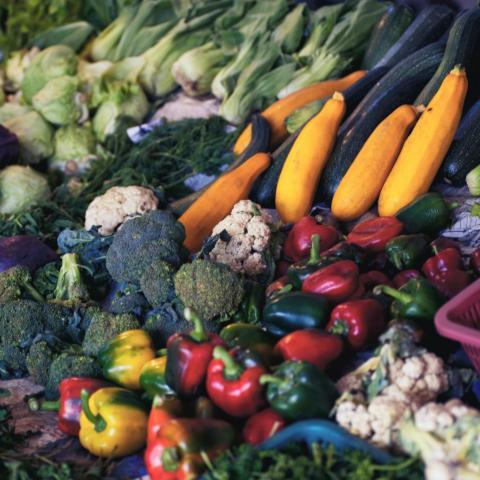An interdisciplinary, international consortium has been formed to study the ecology of E. coli and antimicrobial resistance in Iceland. This is a national scale One Health study to advance our understanding of how antimicrobial-resistant bacteria from environmental sources, such as food and food animals, could impact human health. The consortium encompasses important industries and sectors vital to studying the ecology of bacteria and antimicrobial resistance and its impact on animals, food, and people.
The consortium’s ultimate goal will be to better understand the dynamics of E. coli and antimicrobial-resistant bacteria among humans, animals, and the environment and use this knowledge to build evidence-based policies to reduce antimicrobial resistance.
Our Principal Investigator: Karl G. Kristinsson, Professor in Clinical Microbiology at the University of Iceland
Iceland has the lowest rates of antibiotic resistance in the world.
Why?
Antibiotic-resistant infections threaten the lives of millions of people around the world each year. To curb this rapidly growing global threat, we must learn more about the roles of trade, travel, healthcare, and food production in the spread of antibiotic-resistant bacteria in our communities and clinics.
The Iceland Consortium comprises the Antibiotic Resistance Action Center (ARAC); Landspitali, the National University Hospital of Iceland; the Experimental Institute at Keldur ; MATÍS; and the Icelandic Food and Veterinary Authority, thereby bringing together experts from the public health, medical, environmental, food, and agricultural sectors to study the complex ecology of antimicrobial resistance.
Learning how Iceland achieved the lowest antibiotic resistant infection rates in the world may be key to maintaining this enviable status and could provide lessons for reducing infections in other countries. Iceland’s small size, geographic isolation, and outstanding public health infrastructure make it an excellent location for population-scale research.
- Increasing importation of meat and policy changes allowing fresh imported meat.
- Booming tourism industry (350,000 residents/over 2 million visitors per year)
- Globalization is changing the definition of geographical isolation.
This national-scale, One-Health study seeks to understand how antibiotic-resistant bacteria move among humans, animals, and the environment; how antibiotic use in humans and animals affects the prevalence of these bacteria; and finally, how travel and trade affects the populations of antibiotic- resistant bacteria circulating among Icelanders. We hope to use this knowledge to develop evidence-based public policies to curb the spread of antibiotic- resistant bacteria in Iceland and around the world.
One Health is a research approach and world view based on the principle that the health of people, animals, plants, and the environment are inextricably intertwined.
Principal investigators
Professor at Faculty of Medicine, University of Iceland
Co-Director and Chief Medical Officer at Antibiotic Resistance Action Center
The Consortium


